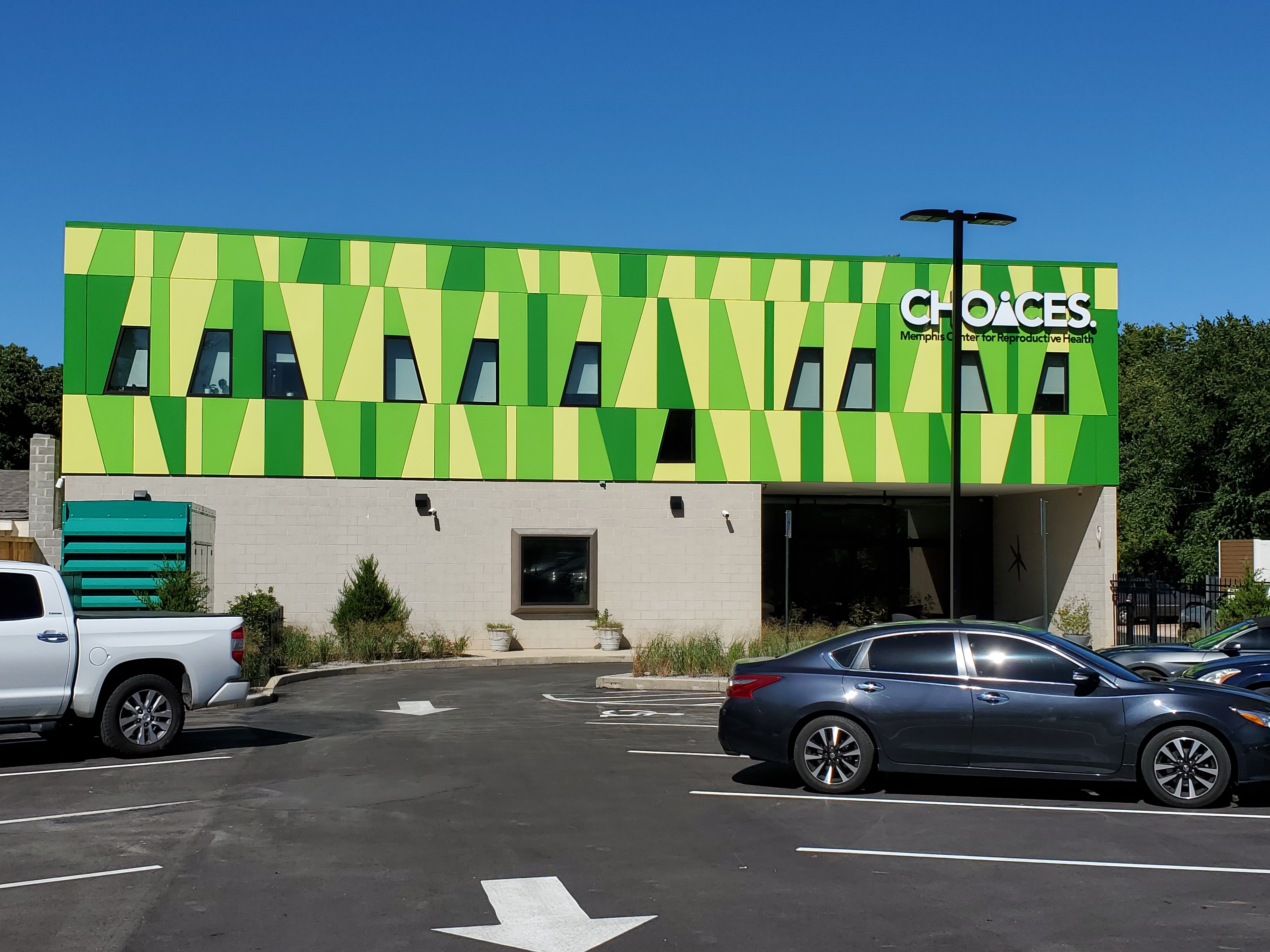Jackson McNeil, a self-described “transportation nerd,” was named the new Transportation and Mobility Director for Commute Options, a division of Innovate Memphis, last month.
McNeil succeeds Sylvia Crum in the role. Crum, known for advocating for bicycle-friendly attitudes and infrastructure, now works in Seattle for the Washington State Department of Transportation.
The role in Memphis encourages system-wide improvements to transit and mobility here with a focus on promoting alternative transportation (i.e. other than cars).
Originally from Jonesboro, Arkansas, McNeil moved to Memphis in 2012. Here, he focused on Urban Studies for his undergraduate work at Rhodes College and earned a Master’s in City and Regional Planning from the University of Memphis. He then moved to New York City, working for the city’s Department of Transportation. He returned to Memphis more than a year ago.
We caught up with him as he begins his work here to see what might be on the horizon for Memphis transportation. — Toby Sells
Memphis Flyer: What opportunities do you see here? What challenges do you see in Memphis?
Jackson McNeil: Memphis has been designed in such a way that driving a car is often the most convenient — and sometimes physically the only way — to get around our city. The city’s over 300 square miles and, of course, Shelby County is even bigger. We know that a lot of employment centers and major employment hubs are not necessarily located in super convenient places.
The average Memphian spends about $13,000 a year to own, maintain, and gas up a car to get around. So, in a in a city with high poverty rates, that’s not a good equation.
At Commute Options and Innovate Memphis, we really see transportation as one of the key solutions to a lot of the problems that our city faces. Whether that is inequality, or economic opportunity, safety, or improving the environment, these are things that folks care about and I think that oftentimes transportation isn’t clearly connected to those.
What’s an opportunity — a good change — we can make pretty quickly here?
JM: A moral imperative for our city is the issue of pedestrian safety. We’re consistently in the top five most dangerous cities in the country for pedestrians. That’s due in part to the way that our city has been designed.
I think that making our city more walkable not only increases safety, but it makes our communities more desirable. It helps people have more pride in their neighborhoods and get to know their neighbors. That’s a big piece of the transportation puzzle that we have to work on here.
Transit is also a really high priority. We got to see some big wins for [the Memphis Area Transit Authority — MATA] last year getting dedicated funding from the city and county. But we still have a long way to go to see our transit system adequately funded to provide effective service for all Memphians.
Are there any solutions or examples of things that you saw in New York City that we could implement here?
JM: New York City does a lot of things when it comes to promoting other forms of transportation, partly because they don’t really have a choice. There’s only so much room for cars.
New York City also has a really, really strong transportation advocacy scene. They have a lot of folks that are really passionate about it that help raise it to the forefront to local elected officials.
Another thing is that a lot of the neighborhoods there really take pride and ownership in their city streets. A lot of times Memphians see streets just as things for cars to get around.
I really think that there’s an opportunity to learn from cities like New York to show folks that [streets are] one of the largest public spaces in our city. It’s not just for cars, it’s for people. Streets should, ultimately, serve people and shouldn’t be relegated [just for cars].

